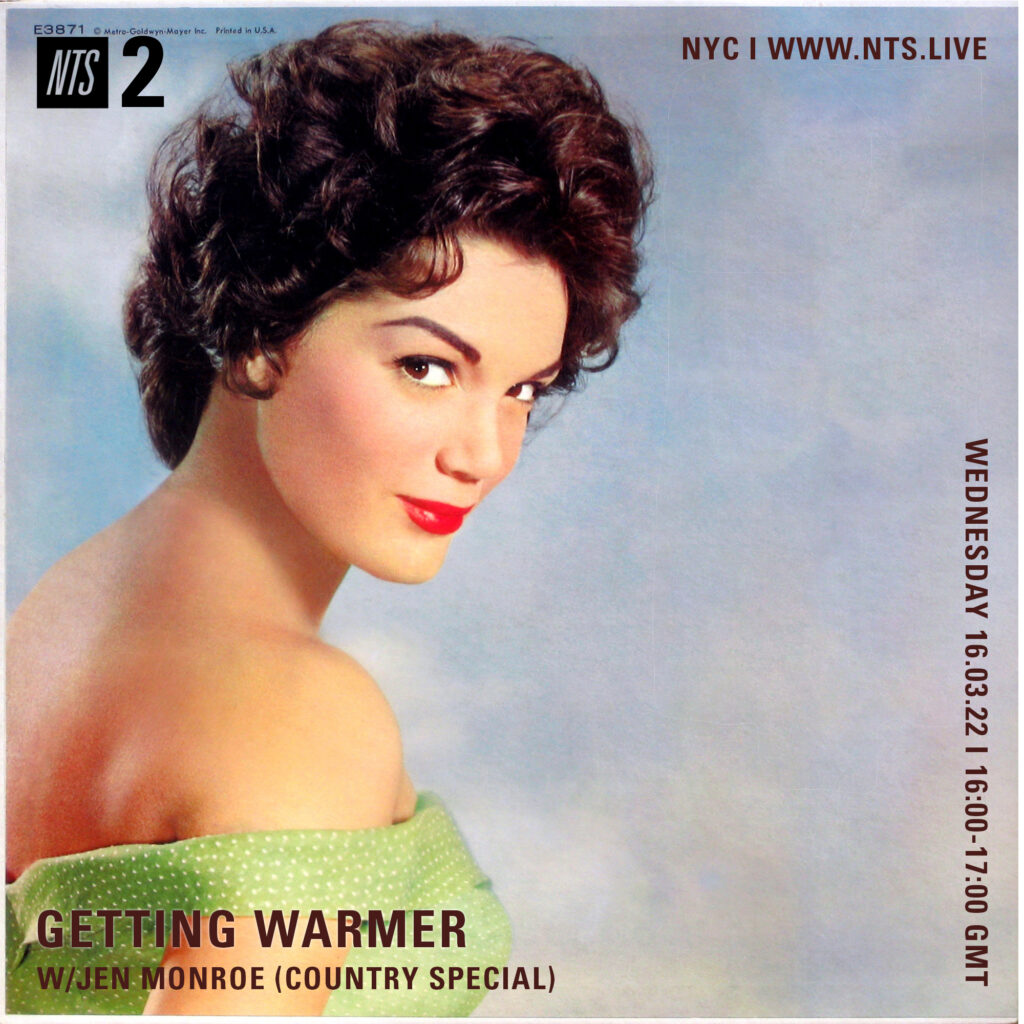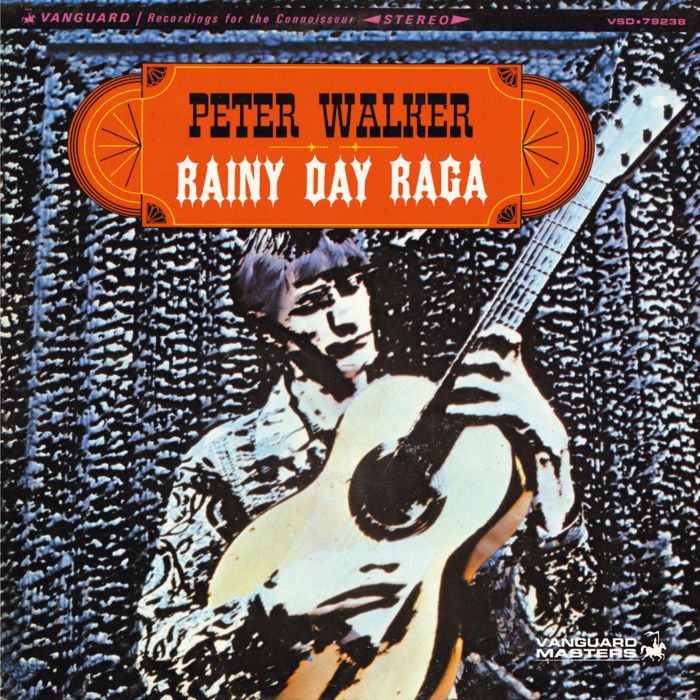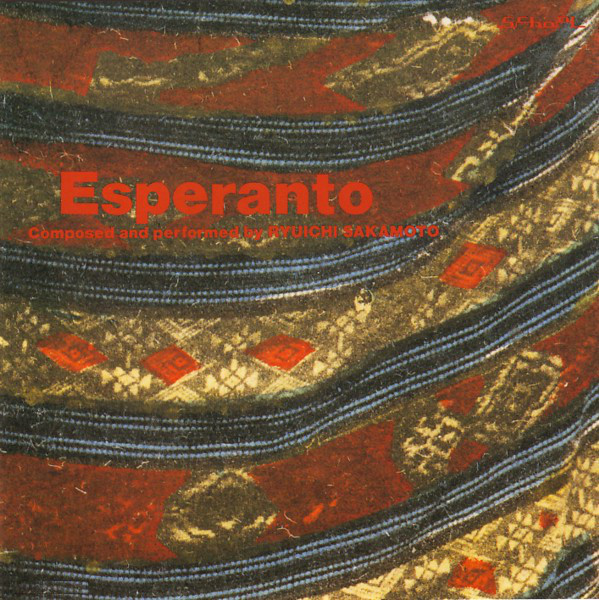
This months episode of Getting Warmer for NTS Radio was a country special, a sequel to the previous one which you can find here. It’s largely my favorite kind of Golden Age country: mostly from the 50s and 60s, lots of reverb, warbly with ghostly backing choirs and hazy heatwavey pedal steel guitar. It also features “Wichita Lineman,” an all-time favorite which I sometimes think is the most beautiful song ever written. I hope you enjoy it as much as I do! You can download an mp3 version here.
Tracklist:
1. Marvin Rainwater – Gonna Find Me A Bluebird
2. Brenda Lee – The Grass Is Greener
3. Loretta Lynn – Fist City
4. Jerry Lee Lewis – You Win Again
5. Hank Williams – Lovesick Blues
6. Jeannie Seely – Don’t Touch Me
7. Eddy Arnold – Cattle Call
8. Porter Wagoner & Dolly Parton – Last Thing On My Mind
9. Bobby Helms – My Special Angel
10. Webb Pierce – In The Jailhouse Now
11. Davis Sisters – I Forgot More Than You’ll Ever Know
12. Marty Robbins – Singing The Blues
13. Glen Campbell – Wichita Lineman
14. Lucille Starr – Heartaches By The Number
15. Don Gibson – I Can’t Stop Loving You
16. George Jones – The Race Is On
17. Wanda Jackson – Right Or Wrong
18. Little Jimmy Dickens – May The Bird Of Paradise Fly Up Your Nose
19. Roy Clark – The Tips Of My Fingers
18. Louvin Brothers – I Don’t Believe You’ve Met My Baby
19. Jim Reeves – Welcome To My World
20. Connie Frances – Your Cheatin’ Heart
21. Dave Dudley – Six Days On the Road

